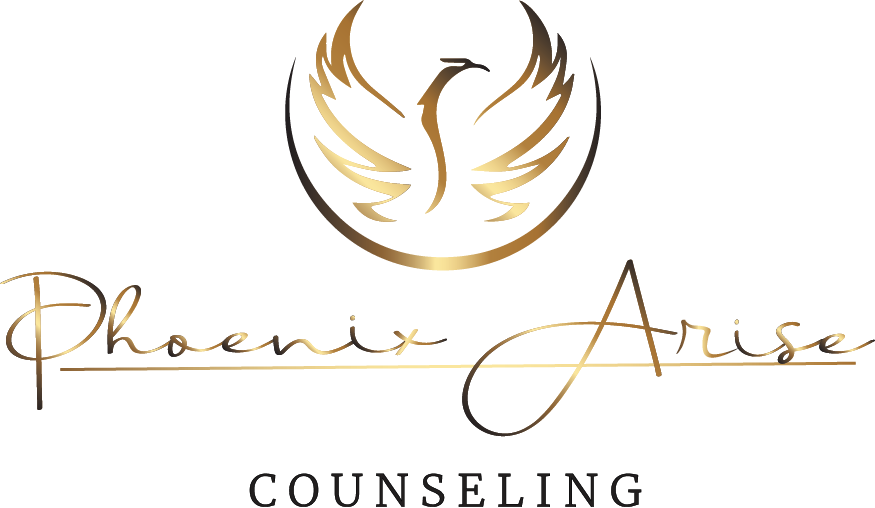Managing ADHD Symptoms: Practical Strategies for Everyday Life
Living with Attention-Deficit/Hyperactivity Disorder (ADHD) can be challenging, but with the right strategies and support, you can effectively manage its symptoms and lead a fulfilling life. While there is no cure for ADHD, there are numerous techniques and lifestyle adjustments that can help minimize the impact of symptoms. In this blog, we will explore practical strategies to manage ADHD symptoms and improve your overall well-being.
Seek Professional Guidance:
Consulting with a healthcare professional, such as a psychiatrist or psychologist experienced in ADHD, is crucial. They can provide an accurate diagnosis and develop an individualized treatment plan that may include medication, therapy, or a combination of both. Professional guidance is an essential first step towards effectively managing ADHD symptoms. Though our clinicians are not able to provide formal ADHD diagnoses, we are more than happy to provide referrals for our clients that are seeking such testing. Contact our office for more information!
Establish a Structured Routine:
Creating a structured routine helps individuals with ADHD stay organized and focused. Set specific times for waking up, meals, work/study periods, breaks, and bedtime. Incorporate visual reminders, calendars, and alarms to help you stay on track. Consistency is key, as it provides a sense of stability and reduces the likelihood of forgetting important tasks or appointments.
Break Tasks into Manageable Chunks:
ADHD can make it challenging to concentrate on lengthy or complex tasks. Break down large tasks into smaller, more manageable steps. Create a to-do list and prioritize tasks based on importance and urgency. Tackling one task at a time reduces overwhelm and improves focus.
Utilize Organizational Tools:
Organizational tools are invaluable for managing ADHD symptoms. Use physical or digital organizers, such as planners, notebooks, or smartphone apps, to keep track of appointments, deadlines, and responsibilities. Utilize color-coding, labels, and folders to categorize and sort information for easy retrieval.
Minimize Distractions:
Minimizing distractions in your environment can significantly enhance focus and productivity. Designate a quiet workspace and eliminate clutter. Use noise-canceling headphones or play soothing background music to create a conducive working environment. If necessary, consider using website blockers or apps that limit access to distracting websites or social media.
Implement Time Management Techniques:
Time management is crucial for individuals with ADHD. Break tasks into time blocks and set specific time limits for each activity. The Pomodoro Technique, for example, involves working for a focused 25-minute interval followed by a short break. Regular breaks can prevent burnout and increase productivity.
Practice Mindfulness and Meditation:
ADHD often brings racing thoughts and difficulty with impulse control. Mindfulness and meditation techniques can help calm the mind and improve self-regulation. Engage in deep breathing exercises, guided meditations, or yoga to reduce stress and enhance focus. Regular practice can cultivate a greater sense of mental clarity and emotional well-being.
Exercise Regularly:
Physical exercise has been shown to improve focus, attention, and overall mental health. Engaging in regular physical activity, such as jogging, swimming, or cycling, releases endorphins that can boost mood and alleviate ADHD symptoms. Choose activities that you enjoy, and strive for at least 30 minutes of exercise most days of the week.
Build a Support Network:
Seeking support from family, friends, or support groups can make a significant difference in managing ADHD. Share your challenges and successes with trusted individuals who understand your condition. Joining local or online support groups can provide a sense of belonging and a platform for learning from others’ experiences.
Conclusion:
Managing ADHD symptoms requires patience, self-compassion, and a commitment to implementing effective strategies. By combining professional guidance, structured routines, organizational tools, and self-care techniques, you can minimize the impact of ADHD on your daily life. Remember, everyone’s journey with ADHD is unique and what works for one person may not work for another. Be patient with yourself, stay open to trying new approaches, and seek professional guidance when needed. With determination and the right tools, you can thrive and achieve your goals despite ADHD.
Looking for some extra help with understanding and/or managing your ADHD symptoms? Contact our office to book with a trained therapist that can offer support along your journey. Call us at 806-712-5225, or email admin@phoenixarisecounseling.com for more information.



